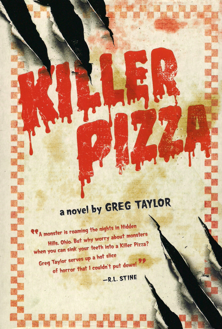
The ‘Killer Pizza’ Series by Greg Taylor
Here is an especially horror-filled series of books that will leave you shivering and hungry. High School

I see these next set of books as a sort of sub series, the You Wouldnt Want to Live Without series.
These books go into the history of a specific thing, how important it is and what life would be like without it.
4th Grade and Up
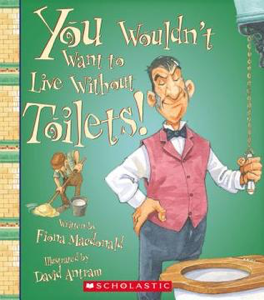
You Wouldnt Want to Live Without Toilets!
How would you cope if there were no toilets? Where would you go? How would you keep yourself and your house clean?
This book tells the fascinating story of a piece of technology that most of us take for granted. Find out why toilets are so important, how they have improved over the years, and how they might develop in the future.
After reading about the many ways people in the past have disposed of their sewage and the dangerous bacteria that lurks in human waste, Im surprised the human race survived this long. You definitely would not want to live without toilets. But the sad truth is that over 2 billion people in poor or war-torn lands still do not have toilets, running water, or proper drains.
Heres a fun fact that will put a smile on your face: Around 1860, a British plumber invented a toilet seat fitted with a powerful spring. Users could pull it down to sit on, but when they stood up it snapped back (all too quickly!) in the upright position. After several unfortunate accidents to his customers, he stopped selling them. That plumbers name: Thomas Crapper!
Bonus fun fact, the slang word for the bathroom in India and Australia is the thunderbox, a term I will now be using.

You Wouldnt Want to Live Without Poop!
Going to the bathroom is a natural part of our lives. And though poop is considered waste matter, its much more than just parts of food that our bodies dont use. Poop has many marvelous uses such as powering our cars, heating our homes, and growing our crops.
Read on to learn more about this misunderstood substance.
If you read You Wouldnt Want to Live Without Toilet, youll want to read this book too. While the Toilet book describes the damage human and animal waste can cause to people and the environment, in this book we learn how poop can be used for good.
This book contains everything you would ever want to know about poop, how it develops inside the human body to the different ways animals poop and how we make use of it.
The best parts in this book are the many strange ways humans have used poop over the year. Here are a few of the many examples:
My favorite use for poop is making paper out of elephant poop. While the book does a fine job describing the paper making process, I like this Maddie Moate YouTube video more. Link to the video below:
https://www.youtube.com/watch?v=IUWNFEkKXXE&list=PLmTANLv-GyXUFLp6jmzSDH9wZ3vPj2RLk&index=8

You Wouldnt Want to Live Without Dirt!
Without dirt or soil life would have developed differently, and we humans probably wouldnt be here at all. Soil supplies a surprising variety of raw materials for making things.
Learn about the ways soil has been used by humans over the centuries, from cave painting to crop farming, and the exciting prospects for soil in the future.
The title of this book is a bit misleading. This book mainly focuses on soil. Soil contains living organisms while dirt does not, but dirt is the main component in soil. Soil is a mixture of gritty particles of rock, air, water, living organisms, and the remains of dead plants and creatures. After reading this book, I appreciate dirt or soil so much more.
What I found the most interesting is how plant roots soak up water and nutrients from the soil. But the nutrients in the soil in not unlimited and crops grown in the same ground year after year quickly use up all the nutrients in the soil. Farmers replace the nutrients by fertilizing the soil with animal waste, so they can keep growing crops.
Dirt/Soil is a valuable resource that needs to be protected and used efficiently so we can produce enough food for our growing population in the future.
This weeks Weird but True Fact about Toilets, Poop, & Soil
The King of England once had a Groom of the Stool, whose job was to keep his majesty company while he used the toilet.
In 1971 the dye in pink Franken Berry cereal caused children to have pink poop.
One cup of undisturbed soil contains more than 200 billion living things.

Here is an especially horror-filled series of books that will leave you shivering and hungry. High School
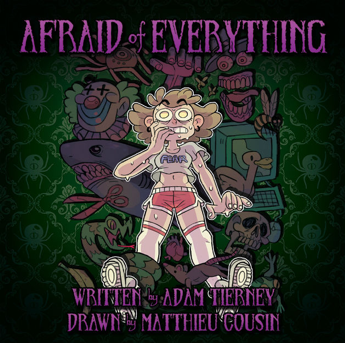
HAPPY 150TH BOOK REVIEW And to celebrate, here is a book of short horror stories written specifically for young readers. 5 to 95 (Suggested for
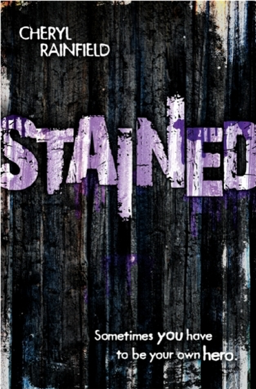
High School Sixteen-year-old Sarah Meadows longs for normal. Born with a port-wine stain covering half her face, shes been plagued by stares, giggles, bullying, and

Here is an especially horror-filled series of books that will leave you shivering and hungry. High School

HAPPY 150TH BOOK REVIEW And to celebrate, here is a book of short horror stories written specifically for young readers. 5 to 95 (Suggested for all readers) Featuring twenty-six terrifying short stories, each based on a different A to Z

High School Sixteen-year-old Sarah Meadows longs for normal. Born with a port-wine stain covering half her face, shes been plagued by stares, giggles, bullying, and disgust all her life. But when shes abducted on the way home from school, Sarah
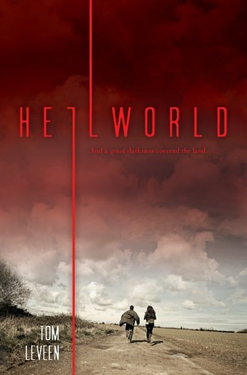
HAPPY OCTOBER! To celebrate October, heres a hell-raising story to get us in the Halloween mood. Pun intended. High School Five years ago, Abby Booths mom, co-host of a ghost-hunting reality show, went missing while filming in a haunted cave

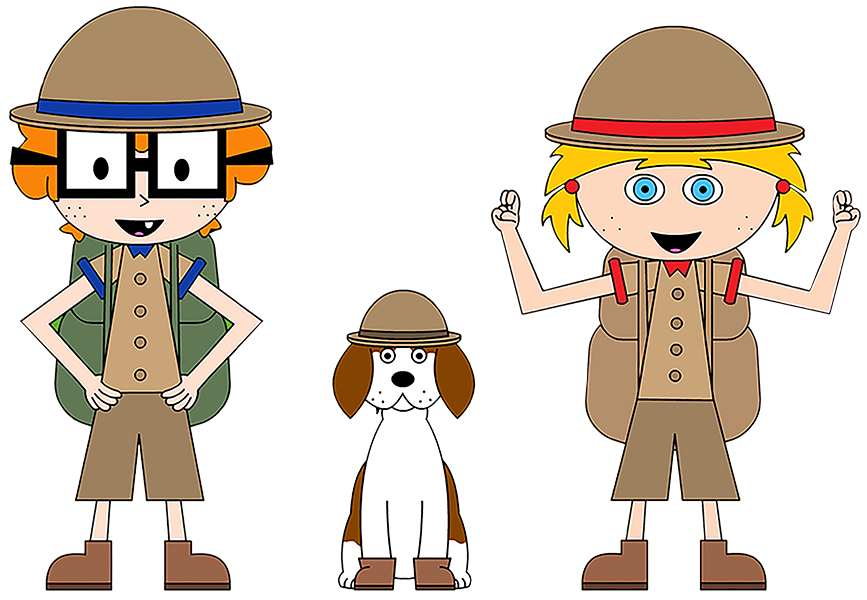
Albert, Houdini & Maddie
Copyright © 2021 Amazing Artists Online – All Rights Reserved
Developed by Clearian
Copyright © 2023 Amazing Artists Online – All Rights Reserved
Developed by Clearian